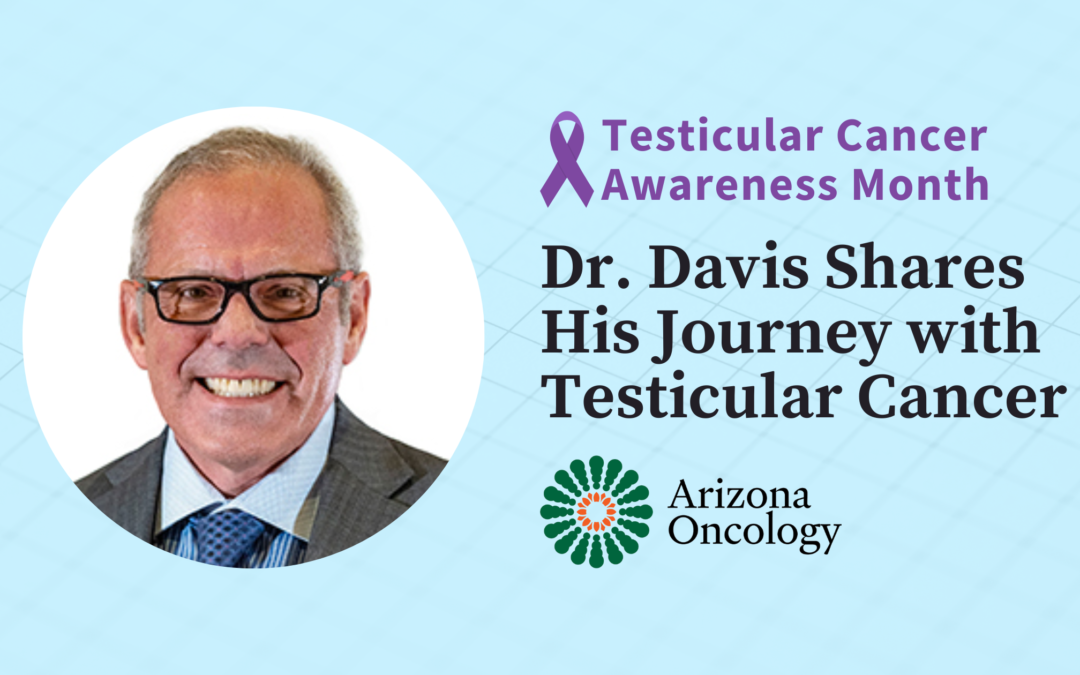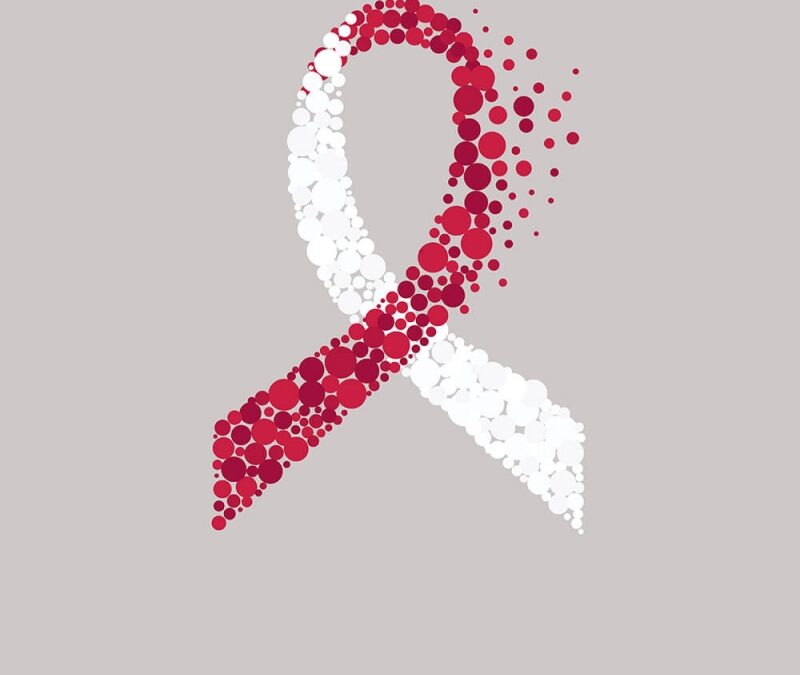Blog

Clinical Trials for Cancer Patients: What You Need to Know
Cancer is a complex and challenging disease that requires continuous research to develop new treatments and improve patient outcomes. Clinical trials play a crucial role in this process as they provide a way to test the safety and effectiveness of new cancer therapies. Clinical trials also offer hope to patients and families who are dealing with this disease. If you are considering taking part in a cancer clinical trial, here are some things you should know. What are clinical trials? Clinical trials are research studies that involve human participants to evaluate new treatments, drugs,...

Men and Women Need to Get Screened for Oral, Head and Neck Cancers
April is Oral, Head & Neck Cancer Awareness Month and Arizona Oncology, a practice in The US Oncology Network, would like to remind both men and women to speak with their healthcare providers about getting screened for the disease. Oral cavity and oropharyngeal cancers are more than twice as common in men as in women and occur most often in the tongue, tonsils and oropharynx, gums, floor of the mouth, and other parts of the mouth. It is estimated that approximately 39,500 people will get oral cavity or oropharyngeal cancer in the United States this year, and an estimated 7,500 will lose...

One of Our Own, Dr. Marshall Davis, Shares His Journey With Testicular Cancer
April is Testicular Cancer Awareness Month. Approximately 1 in 250 men will develop testicular cancer at some point during their lifetime, and Caucasian men are four to five times more likely to develop testicular cancer than African-American and Asian-American men. The average age of a man diagnosed with testicular cancer is 33. Approximately 6% of cases occur in children and teens, and about 8% occur in men over 55. If detected early, testicular cancer is one of the most curable forms of cancer. With today’s treatments, testicular cancer survival rates are high, with 95% of...

Testicular Cancer: Know the Signs and Symptoms
Approximately one of every 250 males will develop testicular cancer during his lifetime. April is Testicular Cancer Awareness Month and Arizona Oncology, a practice in The US Oncology Network, would like to remind men to speak with their healthcare providers about getting screened for the disease. In the United States, more than 9,760 men are diagnosed with testicular cancer each year (www.cancer.org). Despite being the most common form of cancer in men between the ages of 15 and 35, testicular cancer is highly treatable and usually curable. Arizona Oncology joins the American Cancer Society...

Summer Travel with Cancer
Many patients worry about cancer getting in the way of daily life, which may include their summer vacation or travel plans. Initially, yes, a cancer diagnosis can put certain things on hold – but in most cases, it’s only temporary. Once your cancer treatment plan is in place, resuming everyday activities often becomes more manageable – even when it involves going on a trip. Traveling with cancer may involve some extra planning, but there are ways to help it be less stressful and more enjoyable. Here are some tips to get you started so you can enjoy the travel season. Preparing for...

What are Head and Neck Cancers?
April is Head and Neck Cancer Awareness Month. Head and neck cancers are a group of different types of cancers that develop in the throat, nose, mouth, sinuses, or larynx. Types of Head and Neck Cancer Head and neck cancers include: Laryngeal and Hypopharyngeal Cancer. Laryngeal cancer develops in the voice box, or larynx. Hypopharyngeal cancer develops in the lower throat. Oral Cavity and Oropharyngeal Cancer. Oral Cavity cancers occur in the mouth and tongue. Oropharyngeal cancer starts in the middle part of the throat, behind the mouth. Nasopharyngeal Cancer. Nasopharyngeal...

Kidney Cancer Awareness Month
Kidney cancer is among the 10 most common cancers in both men and women. March is Kidney Cancer Awareness Month and Arizona Oncology, a practice in The US Oncology Network, encourages men and women to speak with their healthcare providers about the symptoms, risk factors and treatments for the disease. Also known as Renal Cell Carcinoma (RCC), kidney cancer is among the 10 most common cancers in both men and women. The rate of new kidney cancers has been on the rise since the 1990s. Most likely this is due to improved technology such as CT scans which now help locate cancers that were...

What is Cancer Survivorship?
At Arizona Oncology, we understand that cancer impacts every aspect of our patients’ lives, with effects that can last for a long time after initial therapy is completed. Here we answer some common questions about cancer survivorship and our survivorship program. Am I a cancer survivor? If you have been diagnosed with cancer, yes! You are considered a cancer survivor from the day of your diagnosis until the day of your death from any cause. You do not have to wait for a certain number of years, or be considered free of disease, in remission, or cured to be a cancer survivor. What are some...

How to Tell Your Family and Friends You Have Cancer
When your oncologist gives you a diagnosis of cancer, there are many things that begin to happen. You may need to arrange further doctor’s appointments and tests before your treatment plan begins. You’ll be feeling a lot of emotions and your mind may bounce in different directions. One thing you may wonder is how to tell your family and friends that you have cancer. This is a personal experience for you, and you must do what feels most comfortable to you. Here are some things to consider before talking to friends and family. Who Are You Going to Tell? It’s okay to not tell everyone you know...

Acupuncture, Massage and Other Touch Therapies for Cancer Patients
Cancer patients can greatly benefit from integrative (sometimes called “alternative”) therapies along with their medical treatments. Touch therapies like acupuncture, massage, manual lymphatic drainage, and reflexology can help with side effects of cancer treatment and also reduce pain and stress. It is always important to talk to your doctor about any alternative therapy before starting it, as not all alternative therapies are recommended for all patients. Here is a list of Arizona Oncology Foundation’s approved touch therapies you can discuss with your doctor. Acupuncture Acupuncture is a...


